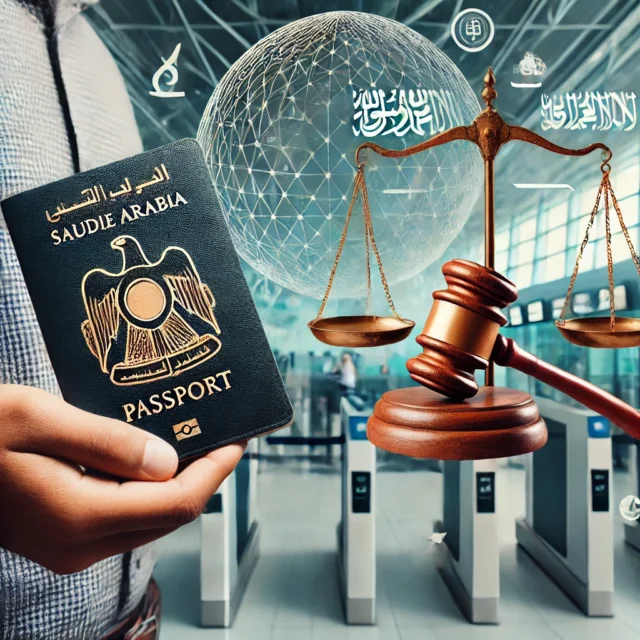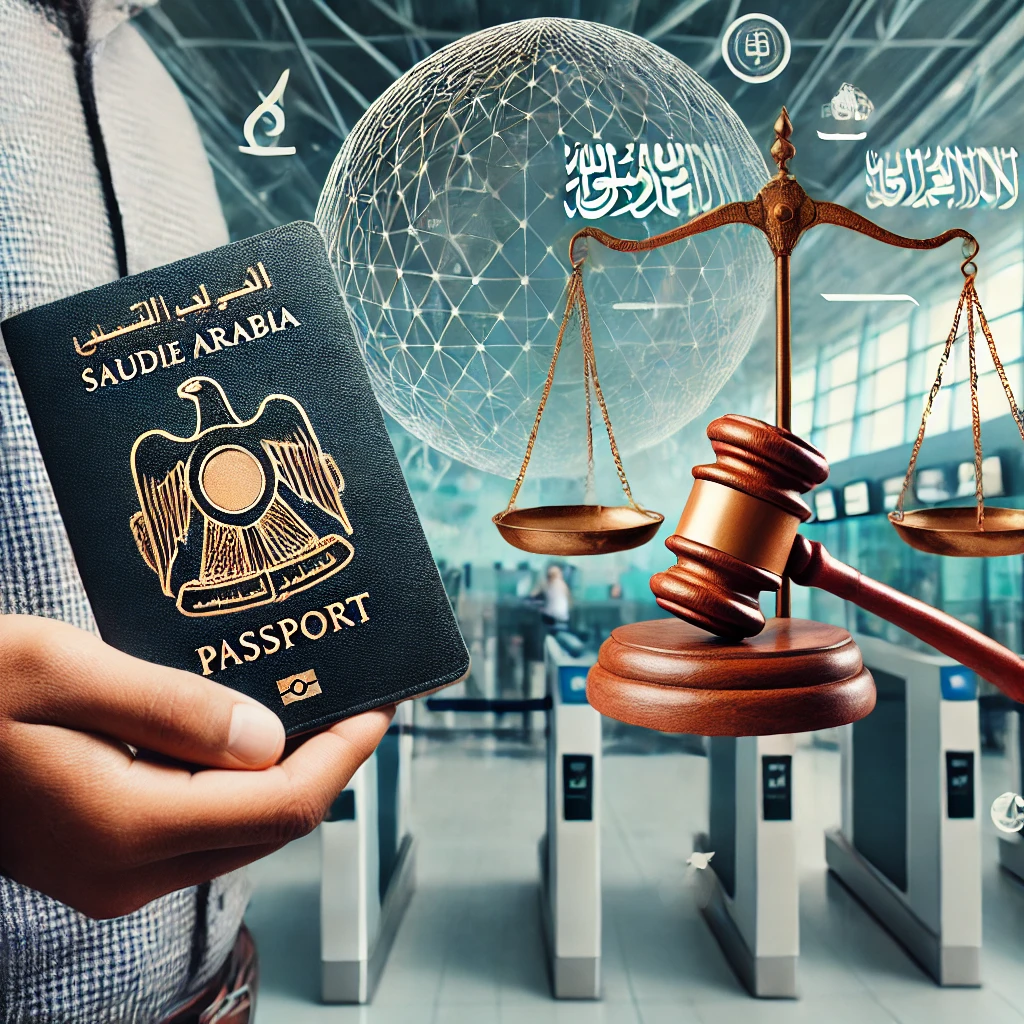Yes, it is possible to travel through Saudi Arabia if a case is registered in the UAE, but it largely depends on the nature of the case and whether there are travel restrictions associated with it. Here’s a detailed explanation of the factors that come into play:
1. Nature of the Case
- Criminal vs. Civil Case: If the case registered against you in the UAE is criminal in nature, such as involving financial fraud, theft, or a more serious crime, the authorities may issue a travel ban. A travel ban would prevent you from leaving the UAE and traveling to another country, including Saudi Arabia. For civil cases, such as disputes related to contracts or unpaid loans, travel bans may also be imposed, though this depends on the specifics of the case.
- Ongoing Investigations: If the case is under investigation, especially in criminal matters, UAE authorities may place travel restrictions to ensure you are available to participate in legal proceedings.
2. Travel Ban in the UAE
- If a travel ban is imposed, it is enforced by the UAE government, which means you may not be able to leave the UAE at all. Travel bans are typically linked to severe cases, such as:
-
Ongoing criminal investigations
-
Serious financial disputes
-
Cases involving national security
-
Non-payment of debts
-
- If there is no travel ban issued, you may be able to exit the UAE freely, including traveling through or to Saudi Arabia.

3. Inter-Gulf Cooperation Council (GCC) Information Sharing
The GCC countries, which include the UAE and Saudi Arabia, share information regarding certain legal matters through inter-country agreements. This includes the exchange of information on serious criminal offenses, but this does not always include minor civil matters. Saudi Arabia may be alerted about major offenses that carry travel bans within the UAE, but smaller civil cases might not be flagged.
However, it is important to note that travel bans or arrest warrants issued in one GCC country can sometimes be enforced in other GCC countries under these agreements, though it depends on the type of case.
4. Immigration and Border Control in Saudi Arabia
- Saudi Immigration authorities may not automatically prevent entry unless a notice or warrant related to the individual is shared with them through UAE authorities. If there’s a red notice issued through INTERPOL or if the UAE requests extradition, Saudi Arabia may take action. But for most civil or minor criminal matters, this is unlikely.
- For travel between GCC countries, individuals should be mindful of ongoing legal issues that may surface during border checks.
5. Legal Consultation and Clearance
Before attempting to travel, it is highly recommended to:
- Check with UAE authorities: Verify whether any travel ban or legal hold has been placed on your passport due to the case. You can check your travel status by visiting the police station, the court where your case is filed, or through the Dubai Police or Abu Dhabi Police smart applications that allow residents to check for travel restrictions.
- Legal Clearance: If there’s a travel restriction, consult with a lawyer to seek a clearance certificate or no-objection certificate (NOC) if possible. This document may help demonstrate that your travel is unrelated to any ongoing legal matters.
6. Types of Cases That Can Lead to Travel Bans in the UAE
Cases that can typically lead to travel bans in the UAE include:
-
Unpaid loans or credit card debts
-
Criminal charges or ongoing investigations
-
Civil disputes where the plaintiff requests a travel ban until the case is resolved
-
Custody or alimony disputes involving children, where a parent may be restricted from leaving the country with the child
7. Travel Without a Travel Ban
If there is no travel ban imposed, and you do not have any outstanding legal obligations (like unpaid debts), there should be no issue with traveling from the UAE to Saudi Arabia. Saudi Arabian immigration is unlikely to prevent you from entering based solely on a minor civil case in the UAE unless a formal request is made to them by UAE authorities.
8. Saudi Visa and Transit Rules
If you are traveling through Saudi Arabia (for instance, using the country as a transit hub), you’ll need to ensure your visa documentation is in order. Saudi Arabia offers various visa types, including transit visas, but ensure you meet the requirements. If you have ongoing legal issues, it’s always better to travel with clarity on your legal standing to avoid problems.
9. Consulting Legal Professionals
If you’re unsure about the restrictions or the case’s implications, it is best to consult with legal professionals both in the UAE and Saudi Arabia. They can provide specific advice regarding your case status and the travel regulations of both countries.
Conclusion
Traveling through Saudi Arabia when a case is registered in the UAE largely depends on whether a travel ban has been issued or if your case is serious enough to trigger immigration alerts between the two countries. If no travel ban or restrictions are imposed, you should be able to travel through Saudi Arabia without major issues. However, always check with UAE authorities and consult a lawyer if there is any doubt regarding your travel status. It’s crucial to resolve any legal obligations before attempting to travel to avoid complications at the border.

